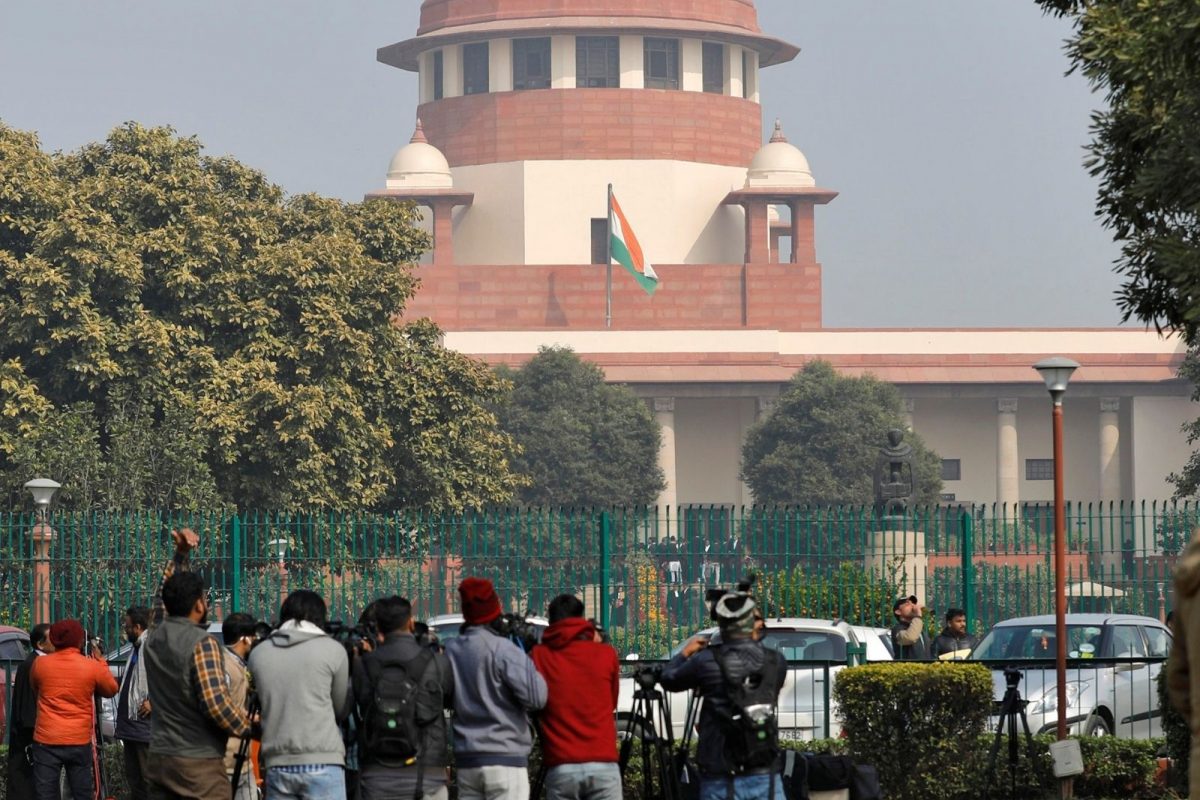


The Supreme Court in the case Raman (D) vs R Natarajan observed and has stated that a Court cannot grant the relief of specific performance against a person compelling him to enter into an agreement with a third party and seeking specific relief against such a third party.
In the present case, the specific performance of the Agreement in question comprised of two parts namely, (i) the defendant entered into an agreement with his brother’s wife for the purchase of a land for providing access to the land agreed to be sold under the suit Agreement of Sale. and (ii) Thereafter, the defendant executing a sale deed conveying the property covered by the suit Agreement of Sale. The Trial Court decreed the Suit. The High Court allowed the second appeal and upheld the Decree, though the Appellate Court reversed it.
While allowing the appeal, the Apex Court bench comprising of Justice Indira Banerjee and the Justice V. Ramasubramanian observed and has noted that the High Court reversed the finding of the First Appellate Court on the question of limitation, without framing a substantial question of law and without even referring to the statutory provisions. Further, the questions were framed by the High Court which was actually a question of fact which involved appreciation of evidence and not a substantial question of law, the court said.
It was observed by the court that the defendant’s brother’s wife was not a party to the suit agreement of sale, and thus the Court cannot compel her to enter into an agreement with the defendant. While allowing the appeal.
The bench observed that in any case, the High Court ought to have seen that a Court cannot grant the relief of specific performance against a person compelling him to enter into an agreement with a third party and seeking specific relief against such a third party. However, in other words, the specific performance of the agreement by the appellants herein, depended upon (i) the appellants entering into an agreement with a third party; and (ii) appellants being in a position to compel such third party to perform her obligations under such agreement…Since the defendant’s brother’s wife was not a party to the suit agreement of sale, the Court cannot compel her to enter into an agreement with the defendant. Thus, the performance of the first part of the obligation, which we have indicated in the preceding paragraph, cannot be compelled by the Court, as it depended upon the will of a third party.